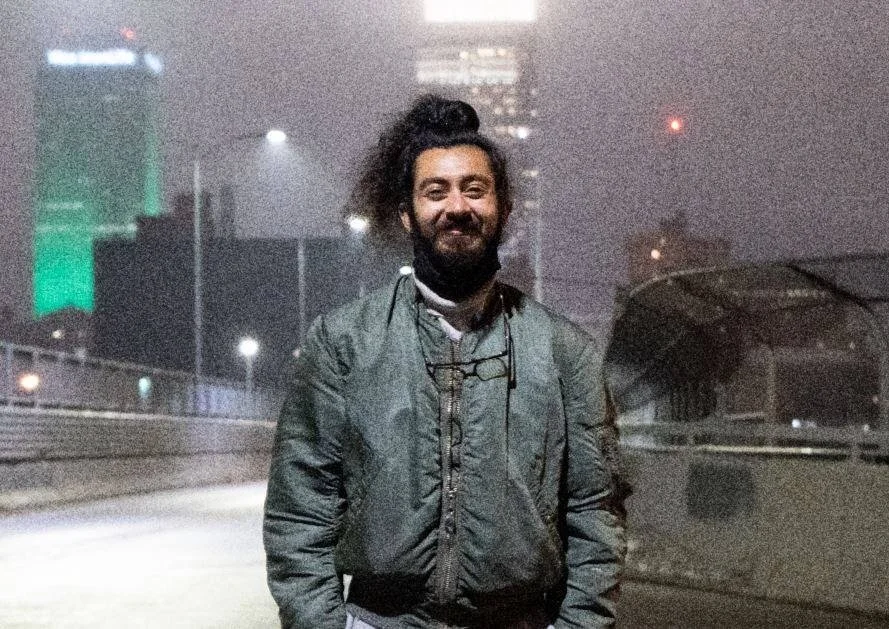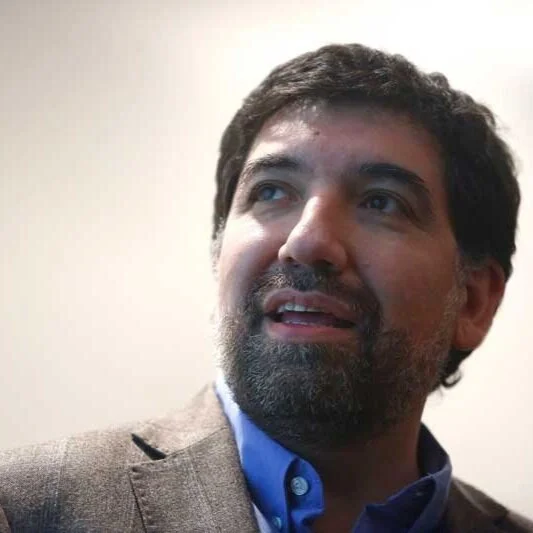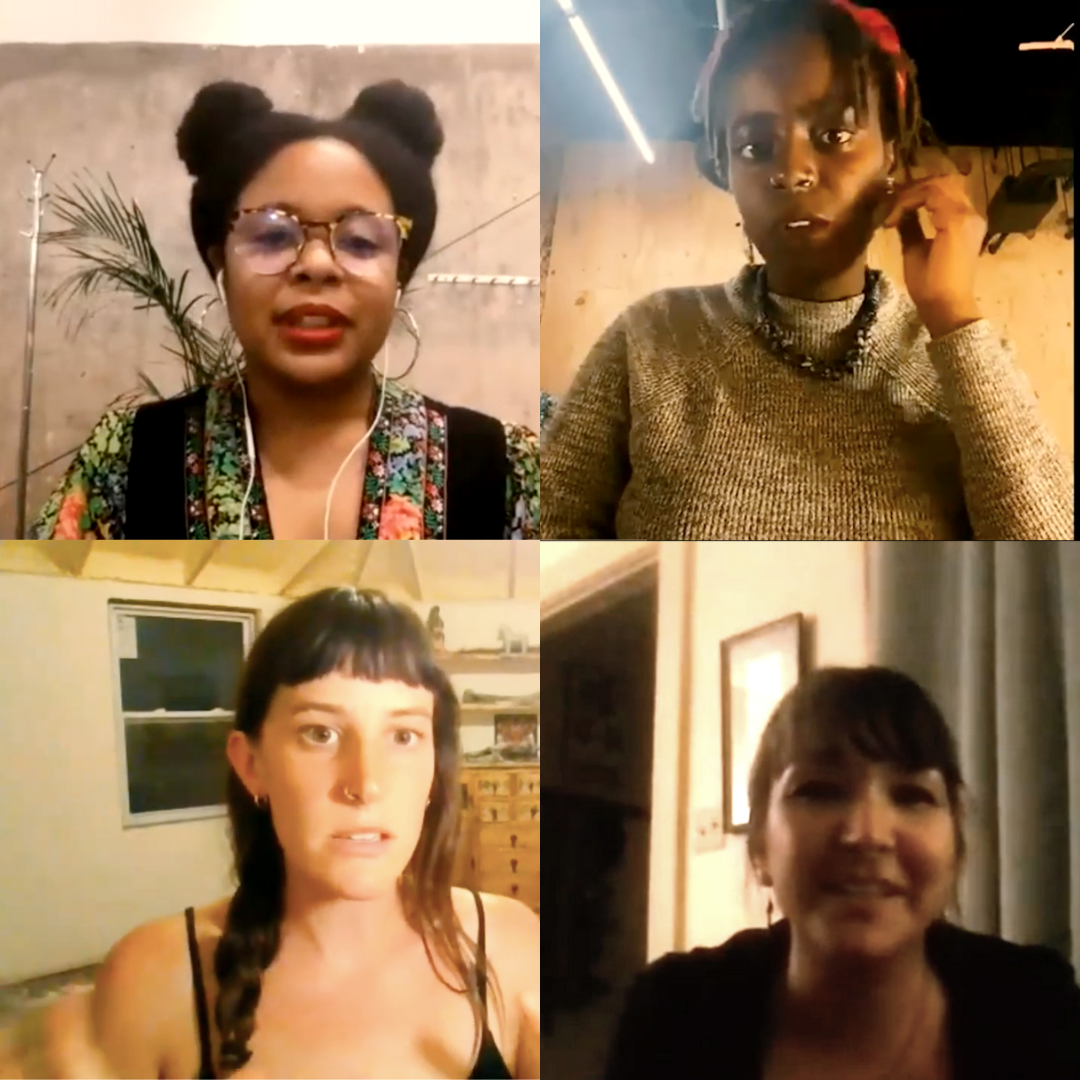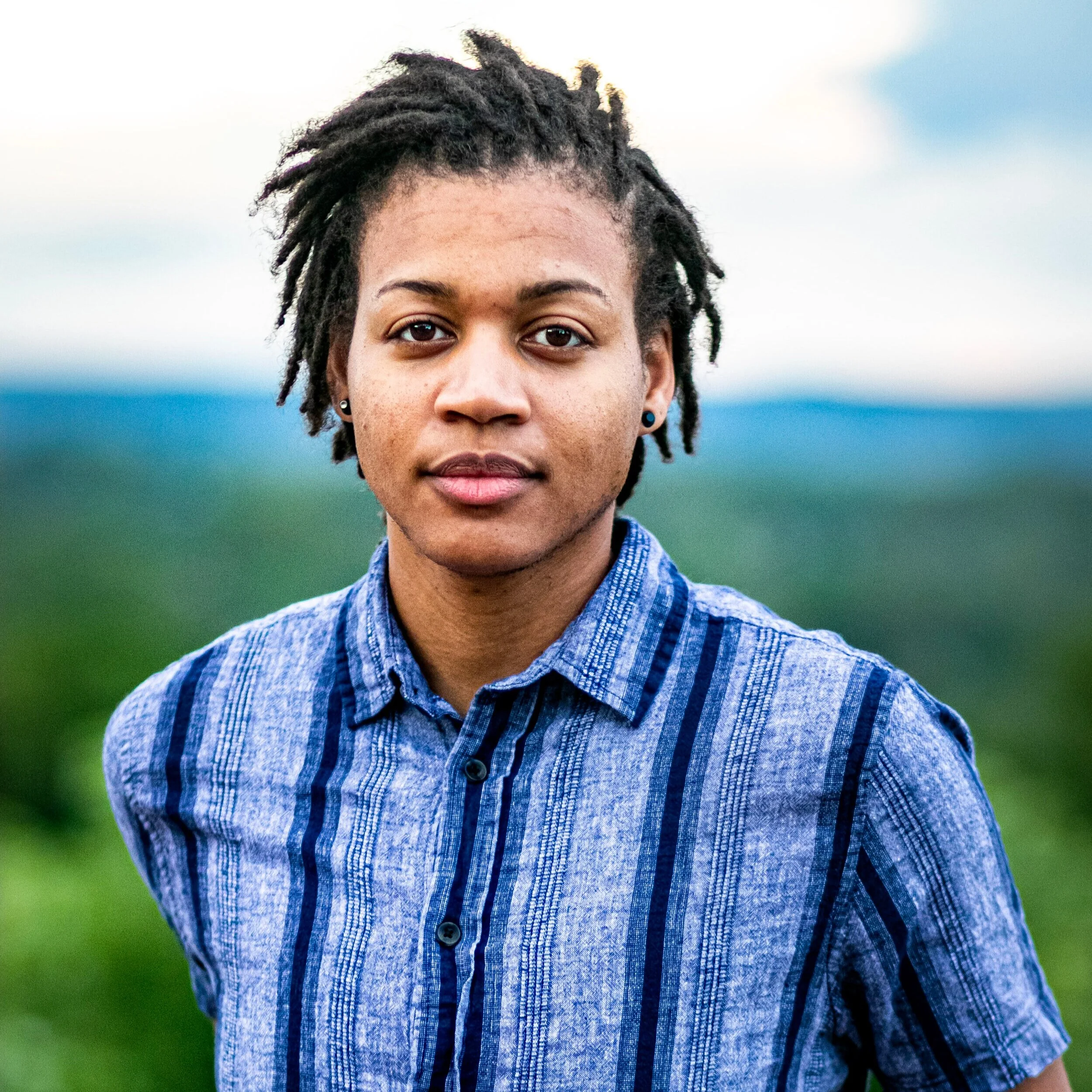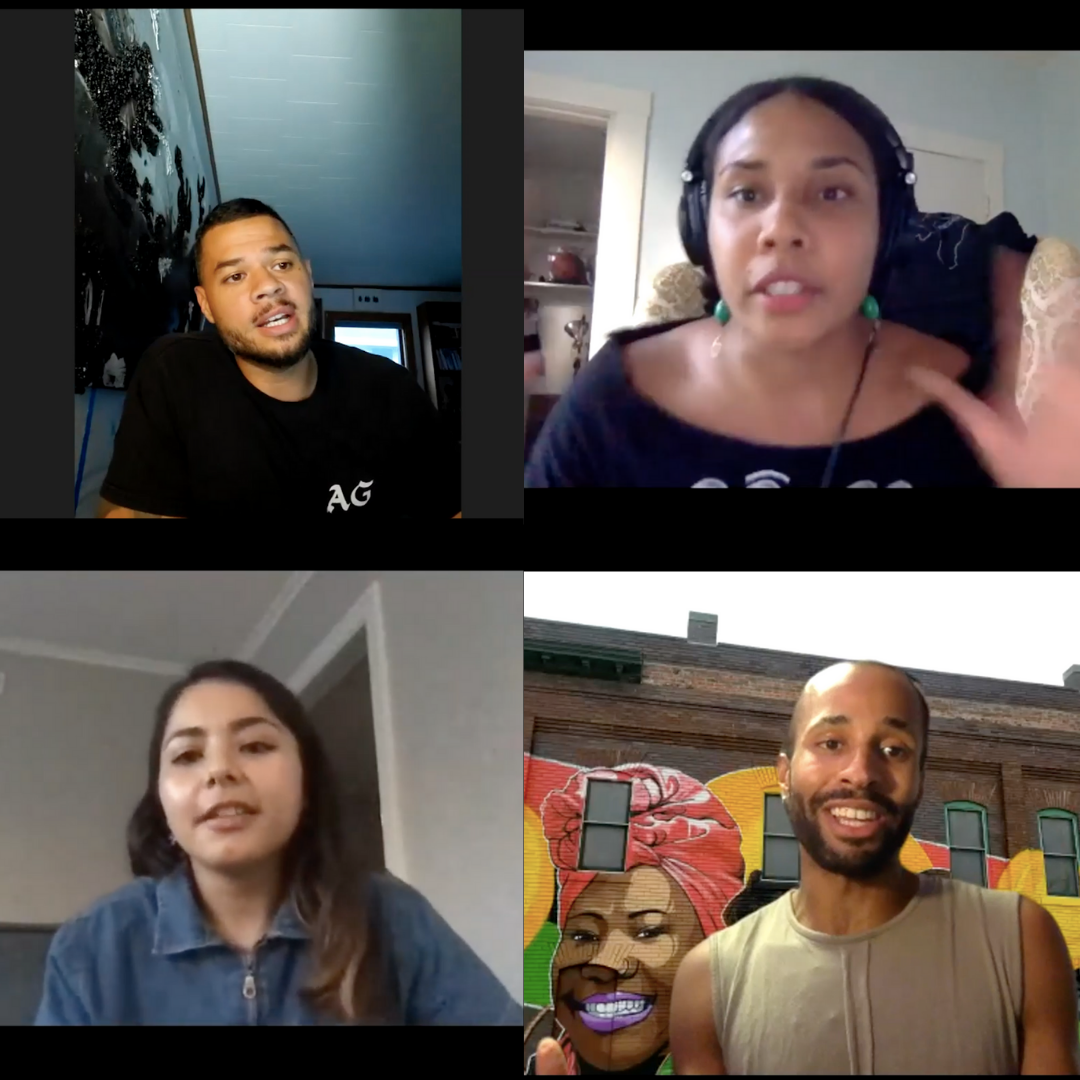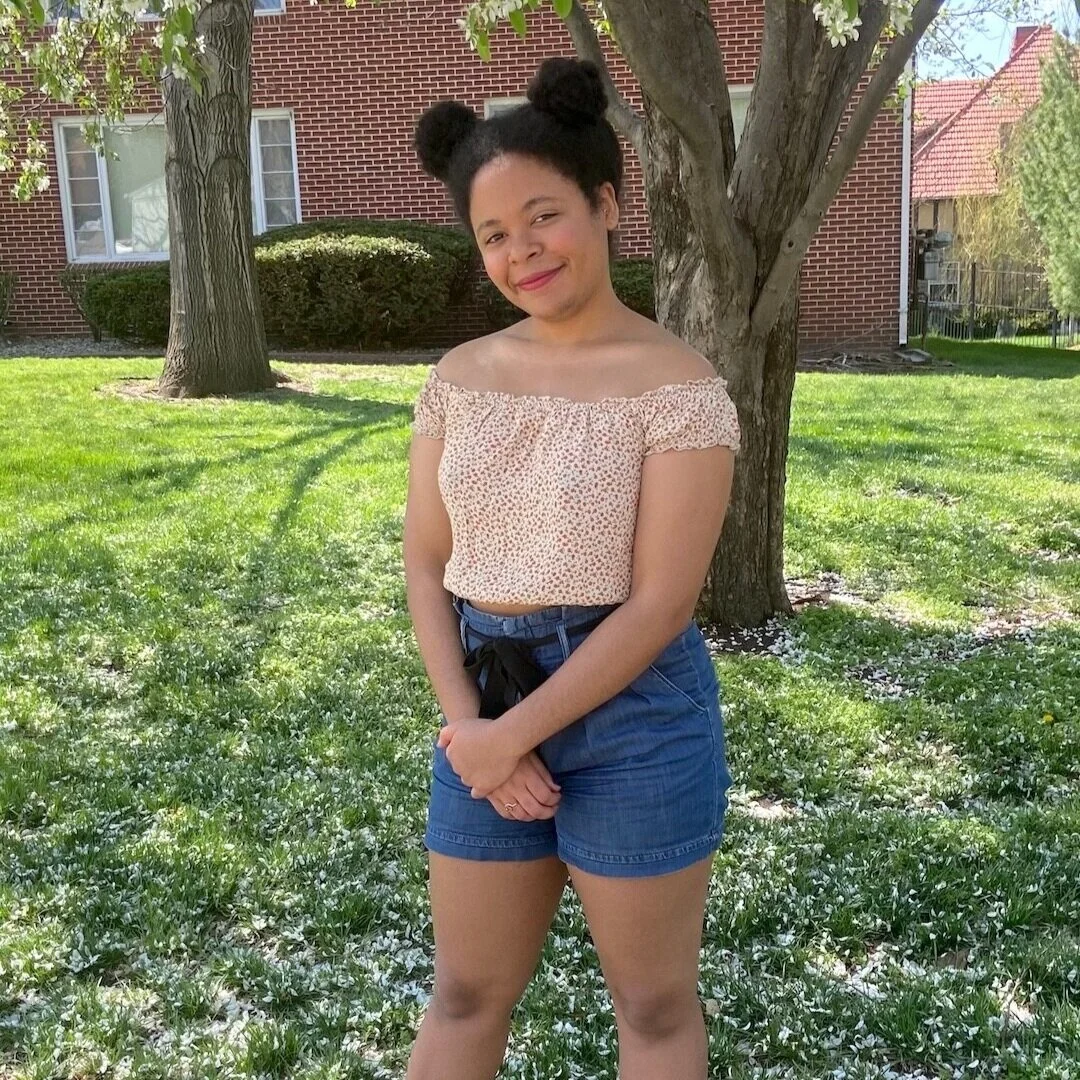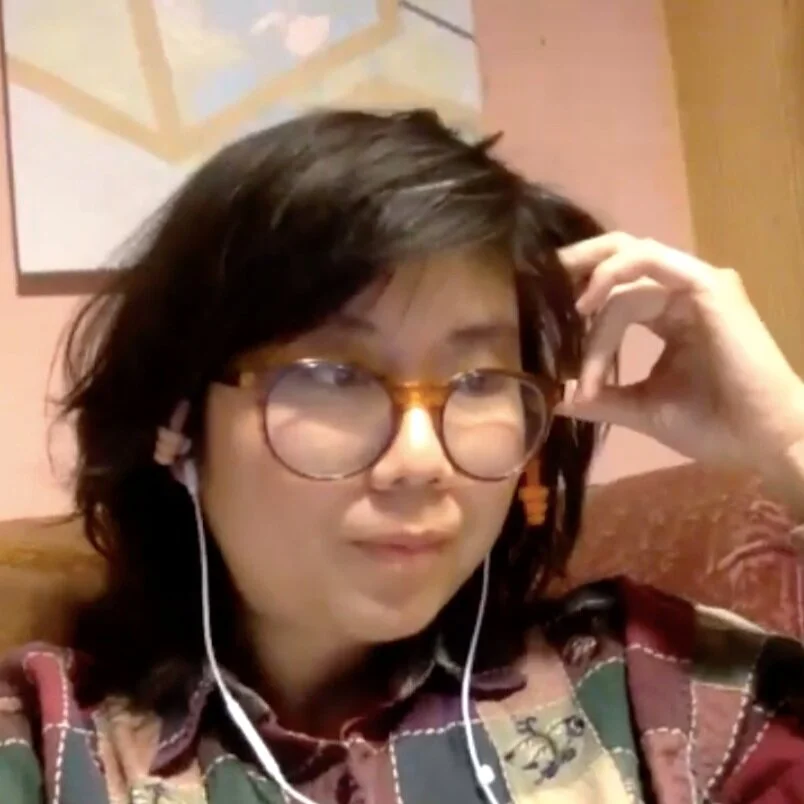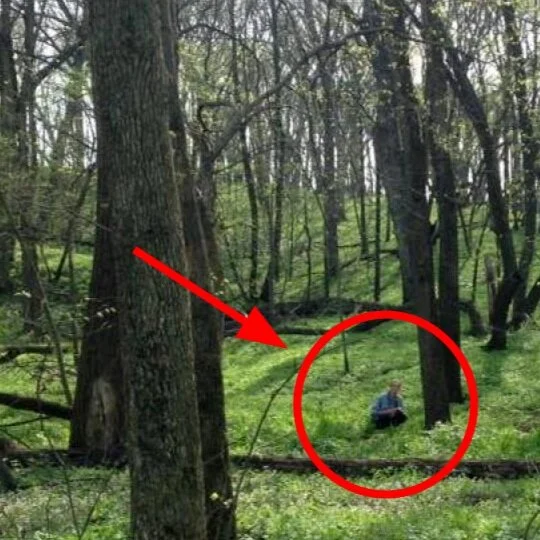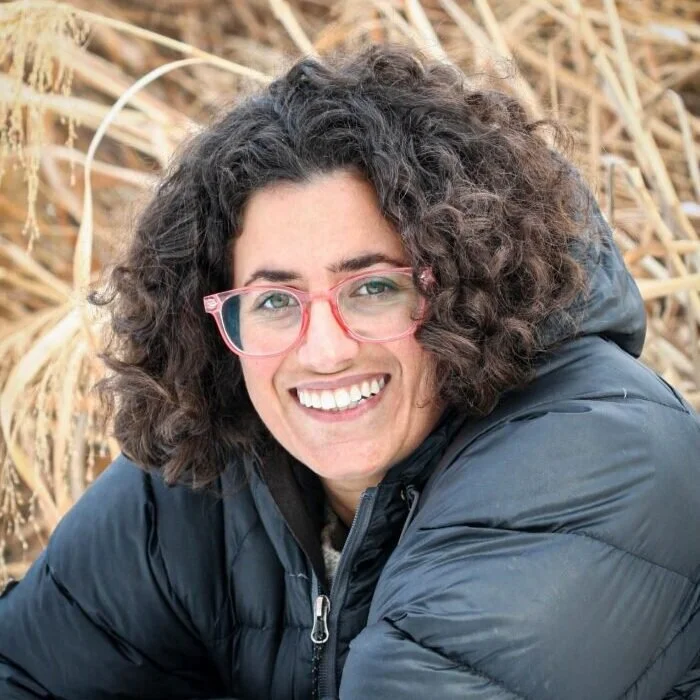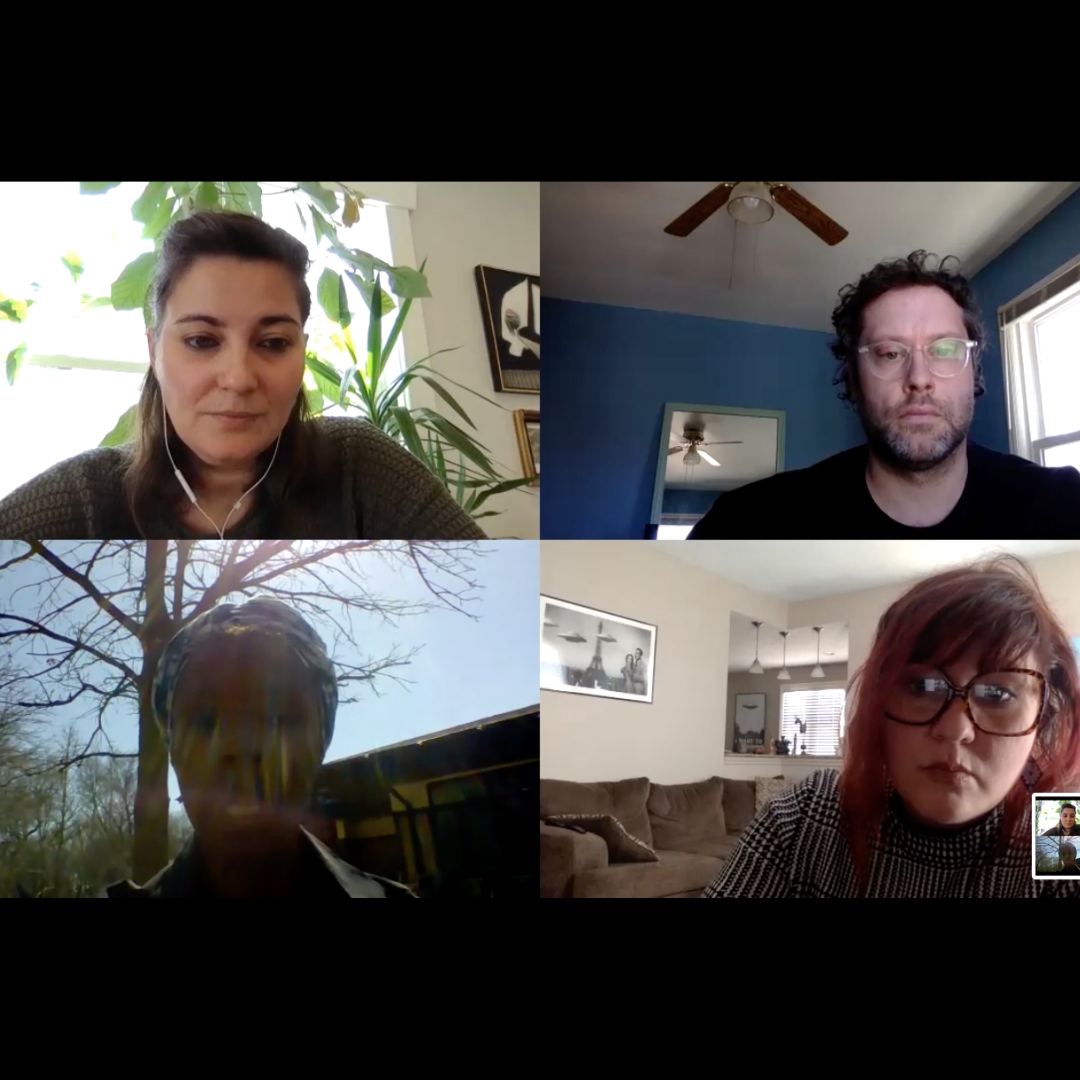“By coming into nature, we find a space to recalibrate ourselves to the reality that we are connected. As we lose these spaces to climate change and ecological depletion, naturally - grief emerges.”
Read More“We recognize that global problems, such as environmental degradation, are not equally distributed in terms of its origins or effects. While higher income nations are responsible for the largest proportion of induced climate change, poorer countries suffer the largest negative effects from it.”
Read More“I think about interspecies communication as an environmental planner. We know that animals and plants communicate, just like we do, but our channels of communication aren't really designed to hear them. A shrub can't come into a city council meeting and make a comment. That doesn't mean it doesn't have something to say.”
Read MoreOn Thursday, October 8th, panelists Sarah Rowe, Alajia McKizia, and Cait Caughey sat down with moderator Lillian Snortland for a virtual discussion about about the labor of care and its capacity to propose regenerative modes of artistic production, mutual aid, economic transformation.
Read More“What does advocacy look like when parameters are put in place for it to fail? For one thousand, three hundred, and sixty-eight days, I watched as funding was pushed for new jails and prisons, finances that paid my salary, while aid for mental health facilities and community resources gradually got stripped away.”
Read MoreOn Thursday, August 20th, Dawaune Lamont Hayes, Mayte Aldrett, Mary Lawson, and Jordan Weber sat down for a virtual discussion about creative activist practices that respond to conditions created by environmental racism through intervention or public demonstration.
Read More“While being a direct response to environmental and social neglect, the 4MX Greenhouse structure is also representative of Black America’s demand for spatial freedom; the freedom to imagine, express, and design physical and spiritual sustainability.”
Read More“How can we start teaching people about federal Indian policy as part of their education; educating about them about the Indigenous people that are on the land they occupy; educating them that treaties are as meaningful to white people as they are to us?”
Read MoreAnchoring the conversation in an understanding of the important role rural spaces have historically played in shaping life for many in Nebraskans, our panelists unpacked what the rural can teach us about adaptation, resilience, and community.
Read More“Just think about how powerful that is. Those kids ran all the way from Standing Rock to Omaha, from Omaha to Washington DC, to take tens of thousands of signatures to the Army Corps of Engineers, the BIA, the Department of the Interior. That alone acknowledges our survival, acknowledges our cultural teachings.”
Read More“There was this really incredible unexpected difference between my experiences in the National Parks and in this trashed ravine next door. I wanted to understand why Elmwood Park meant so much more for me, was so much more transformative for my thinking on conservation and my artistic practice and my hope for the future generally.”
Read More“Pipelines are nothing new to Indian Country. They're nothing new to our communities. What we're acknowledging now, I think on a more collective level, is an understanding of the impact that these pipelines have not just on the ecological base of our lands, but on the health of our people.”
Read More“Do you know when is the best time to plant a tree? 20 years ago. Do you know the second-best time to plant a tree? Right now. Do you know the best time to organize your neighbors for mutual aid efforts? Also 20 years ago! Do you know the second-best time? Also right now!”
Read MoreOn Tuesday, April 7th, we sat down with Merica Whitehall, Carol RedWing, and Rachel Adams for a virtual discussion about moving the institutional goalpost toward carbon neutrality in Omaha.
Read MoreWe sat down recently with Paige Reitz, Deputy Director at the Union for Contemporary Art and Joey Lynch, the Union’s Director of Facilities and Sustainability to talk about the organization’s move to zero waste, the intersections of social justice and ecological justice, and collectively moving the goalpost toward carbon neutrality.
Read More
